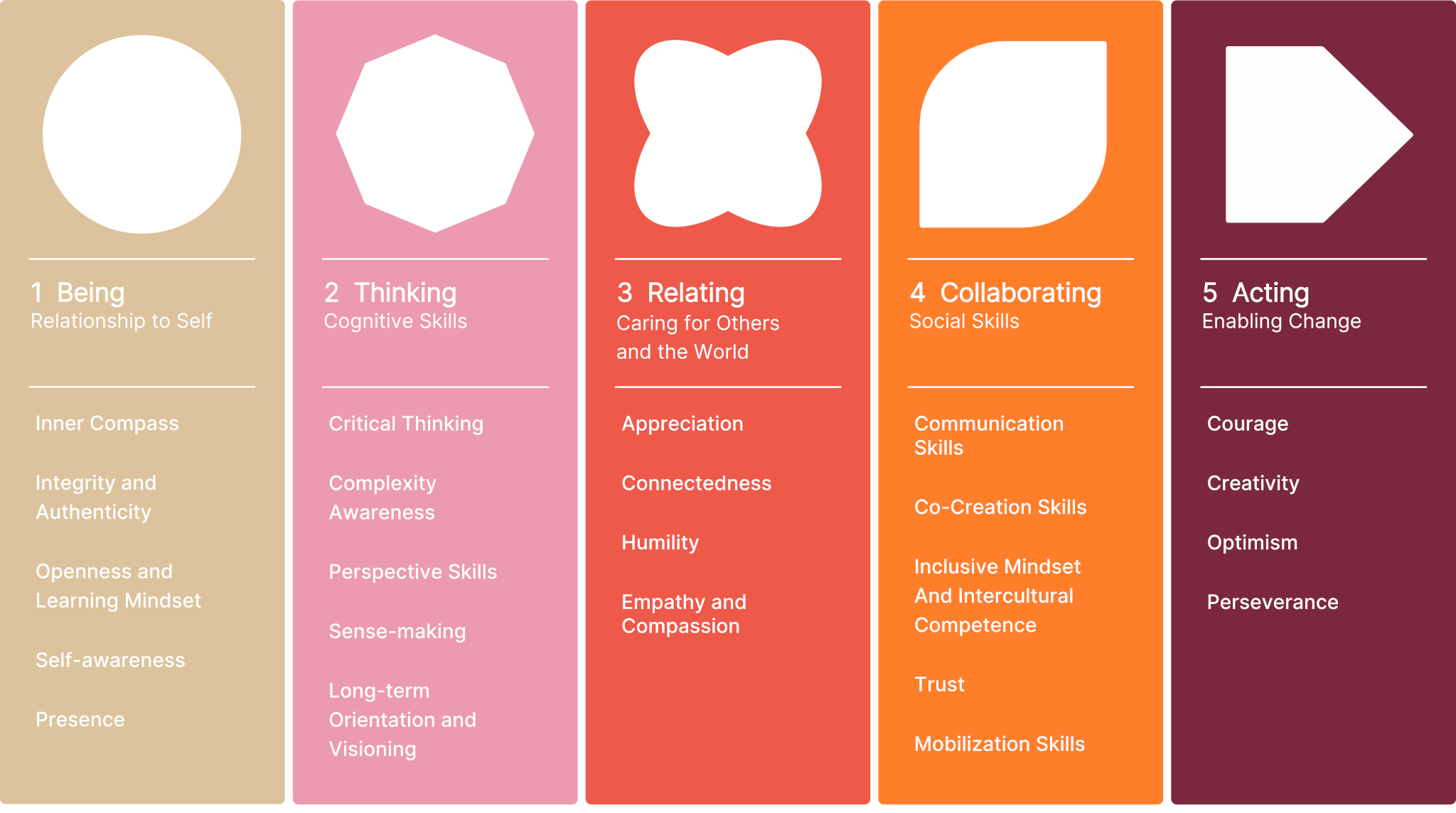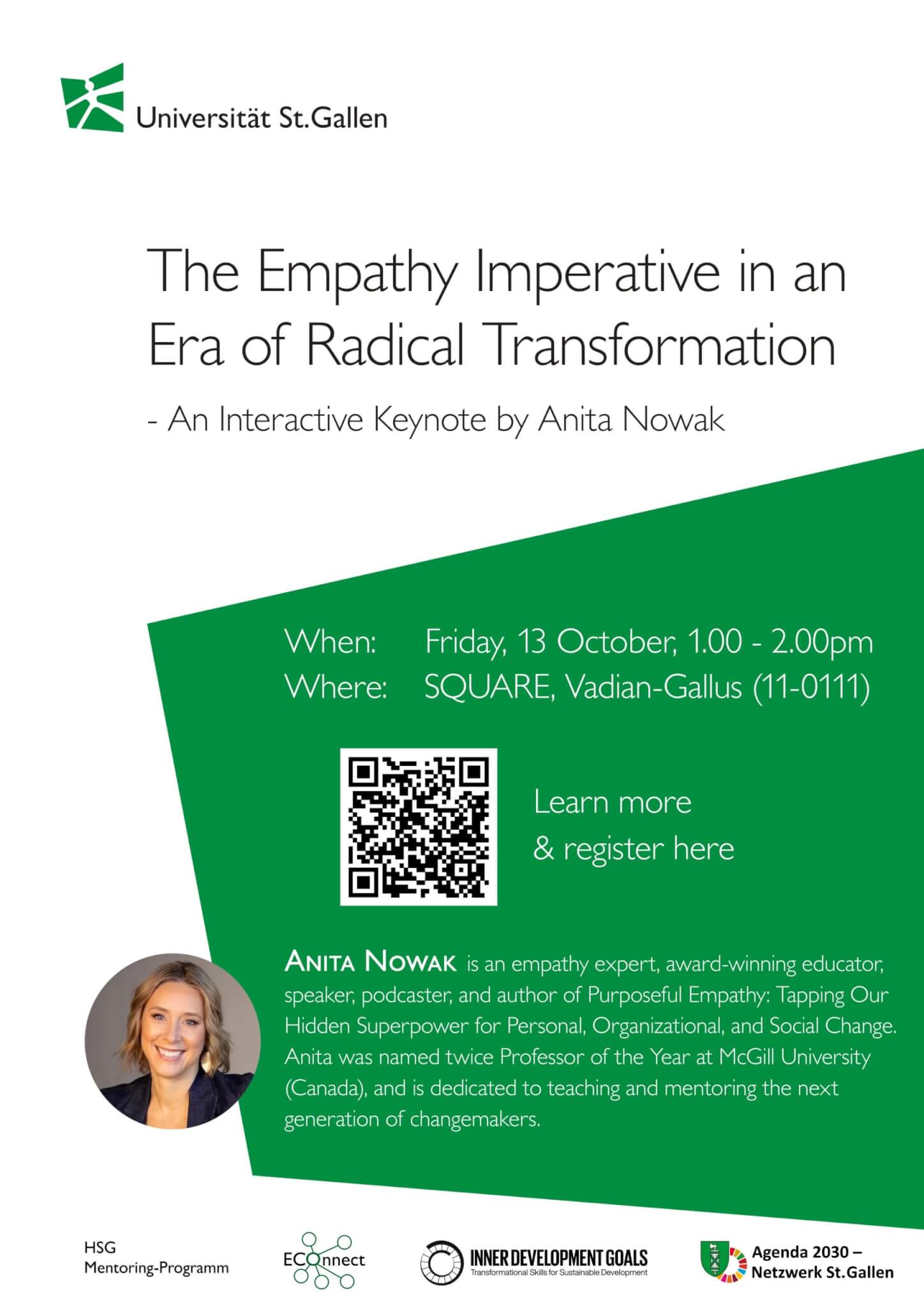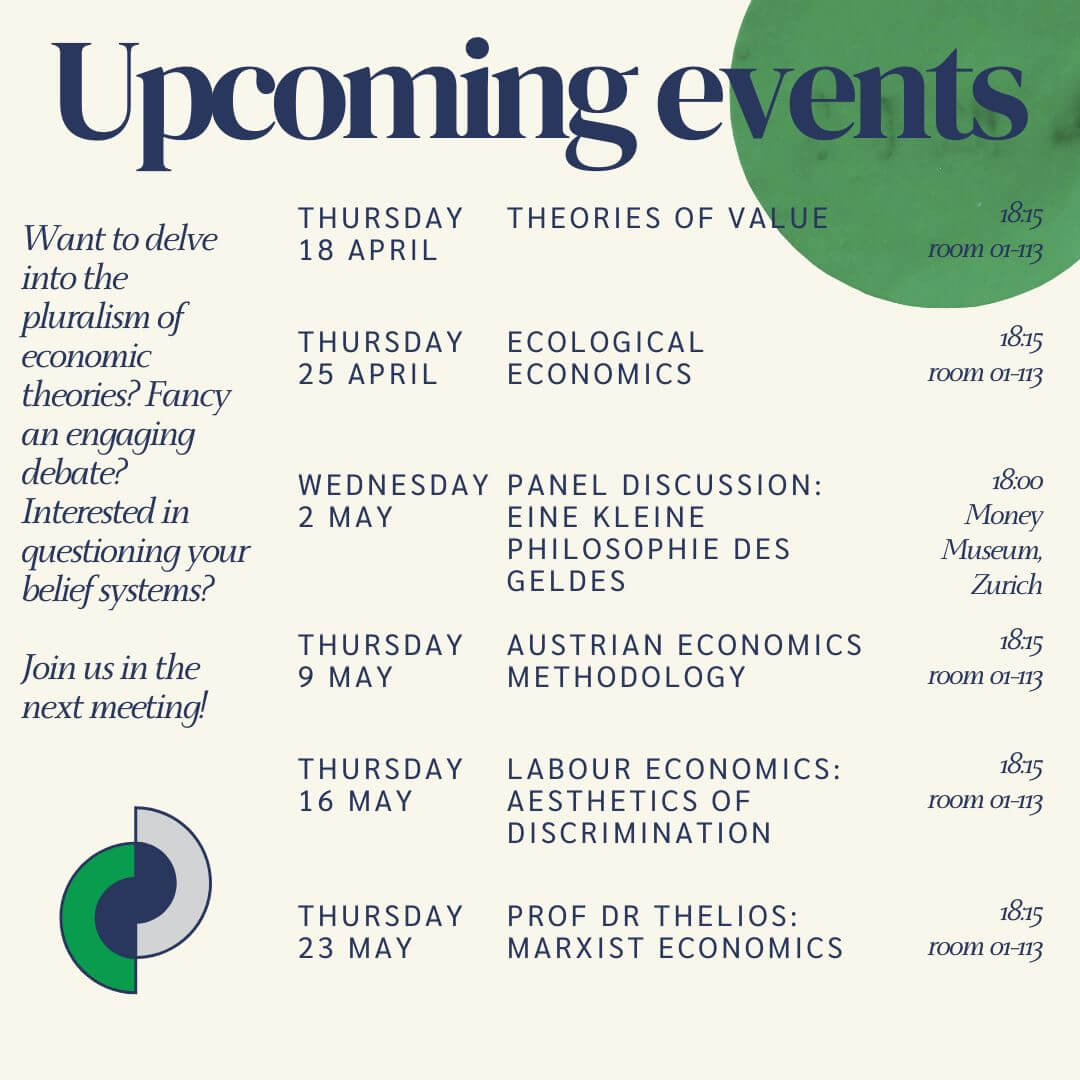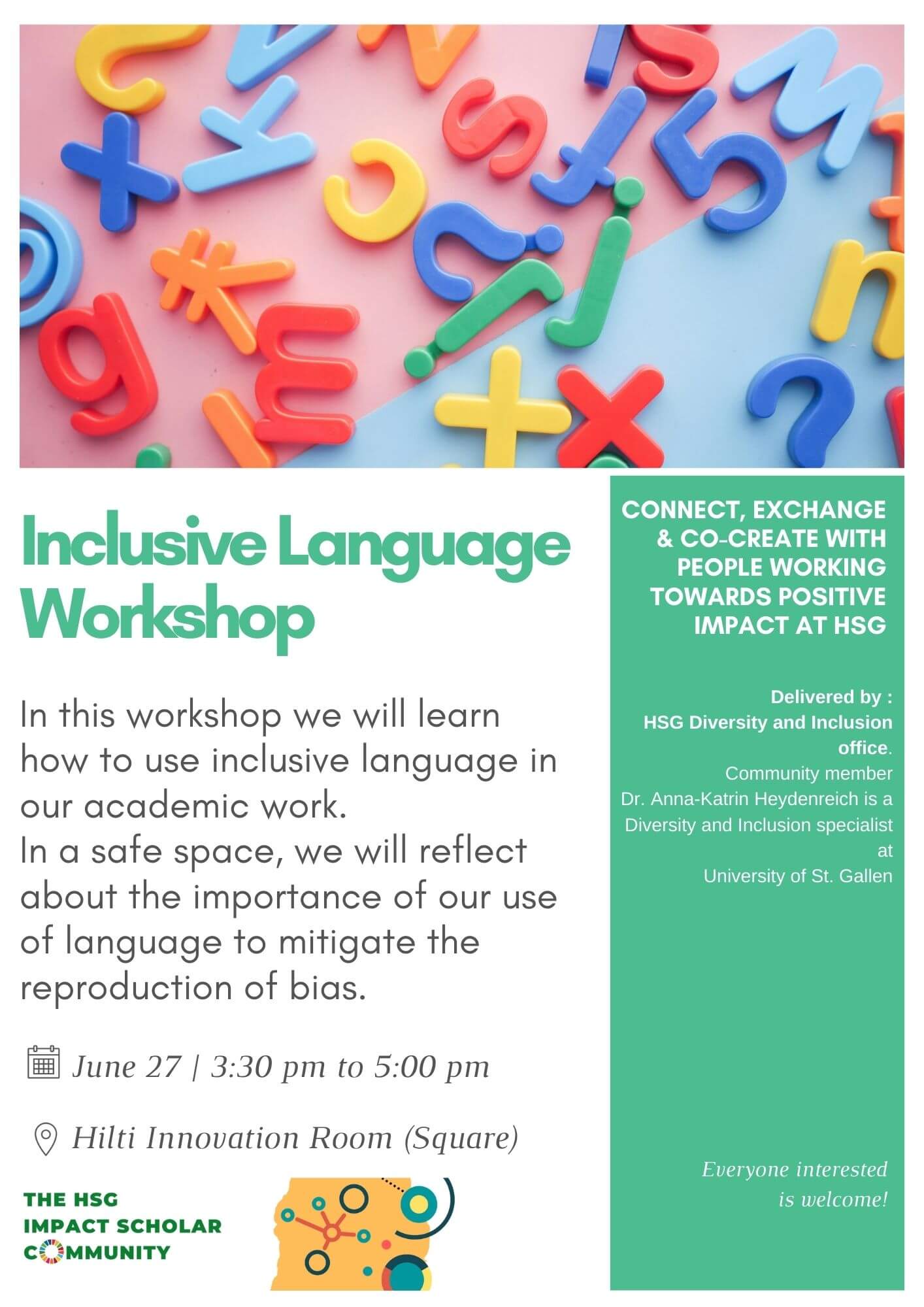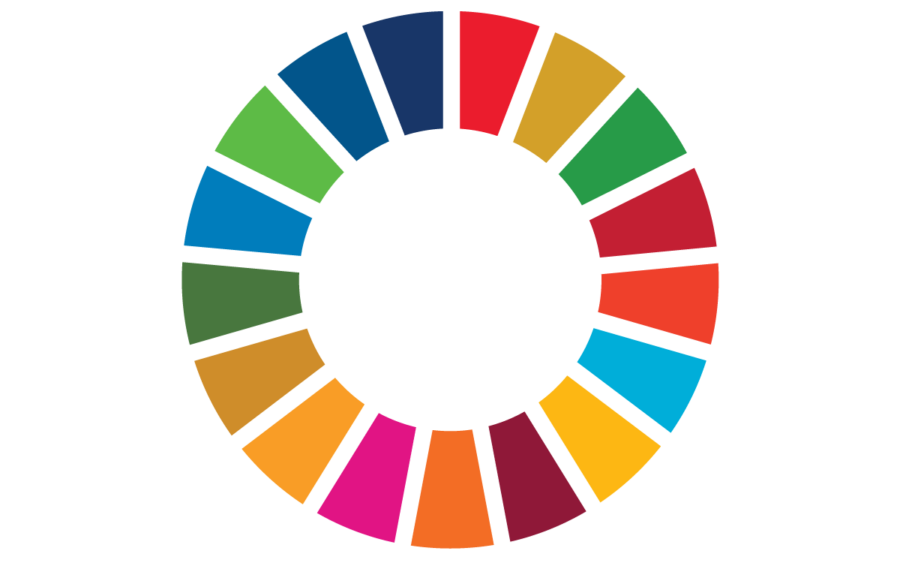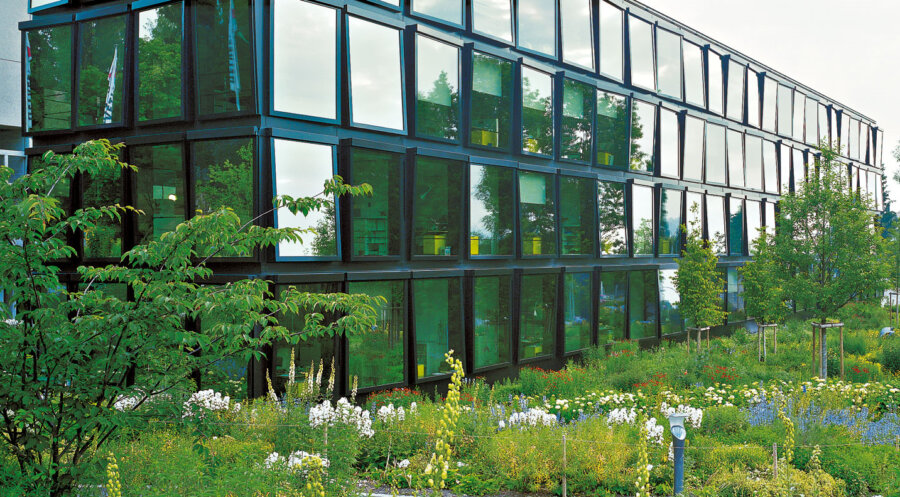Responsibility & Sustainability
at the University of St.Gallen
We envision a University of St. Gallen where sustainability is deeply embedded in all aspects of university life.
In doing so, we aim to contribute to solving grand sustainability challenges of our time, such as climate change, biodiversity loss and social inequality. This mission guides our actions in transforming HSG towards sustainability.

